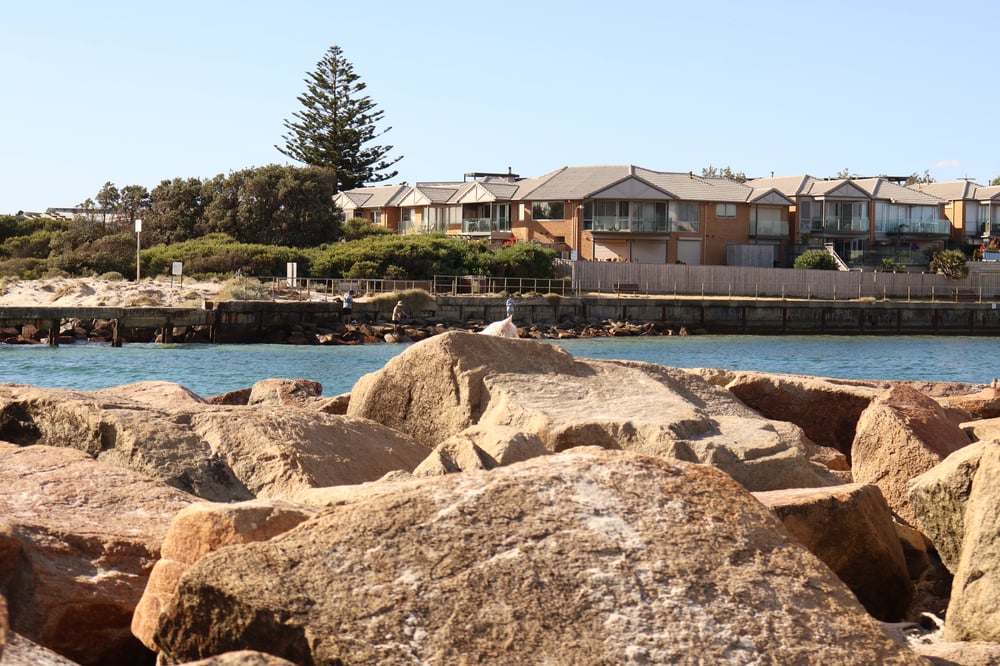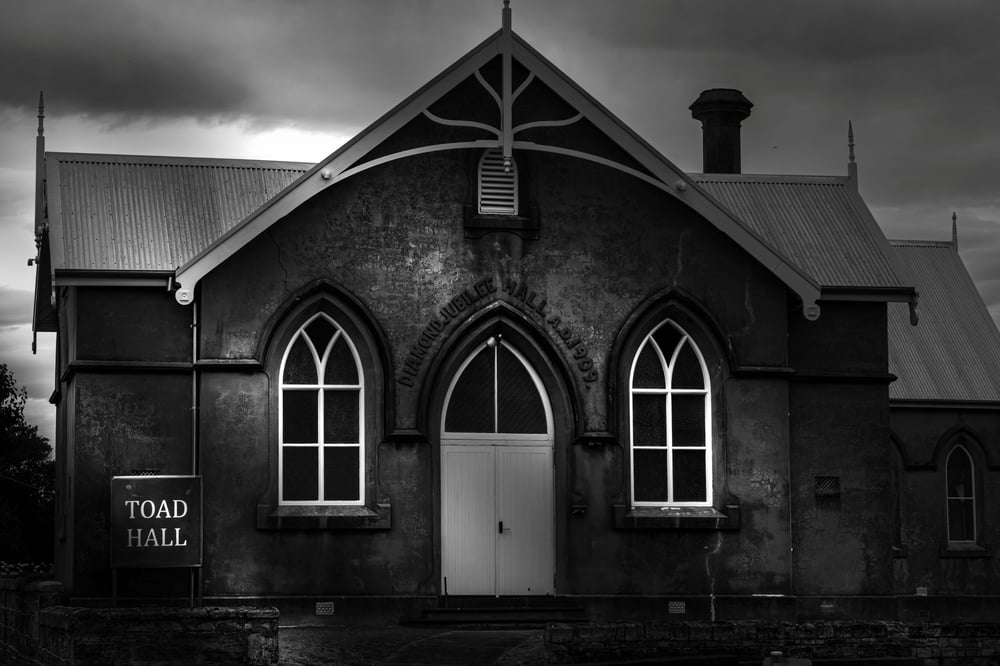Well, 2025 is progressing quite nicely. We have all made our New Year’s resolutions, and many of us have probably already broken most of them. As we look toward the future, we hold on to our dreams and long-term plans for 2025. However, I want to reflect on 2024 because it brought significant changes for me. I finally bought a camera, which feels like a life-changing event for me. It may not be newsworthy, but photography has been a long-time passion that I could never fulfil until that moment. I mean that moment when people say everything comes together perfectly only once in your life. I believed that when I met Lyn, my wife. Yes, I know it sounds sentimental, but it felt like the planets aligned. In January 2024, those planets aligned again.
We had some extra money that we didn’t really need for anything, which is a rarity these days. I found a camera at an impressively low price, and, most importantly, I had Lyn’s understanding and support. I was motivated to go and get it eventually.
To be clear, do you really need a fancy camera? Not at all. Lyn and I have thousands of photos taken on our smartphones. Smartphone technology has improved dramatically, especially when it comes to cameras. Many smartphones can now take raw photos, and there are plenty of free editing apps available. So, why spend money on an expensive camera?

One of the first photos I took in February 2024. (Photo taken by Wayne & Lyn.)
I kept asking myself why I wanted to pursue photography further, which meant purchasing a better camera. The answer I came up with was that I wanted to elevate my photos. While smartphones have advanced significantly, they still have limitations, especially if I’m considering selling my work. Yes, that idea had been on my mind from the beginning. To sell photos, I believe you need at least a 24mp camera. Many people would argue for a minimum of 30mp. At the time, however, those cameras were well beyond our budget — definitely out of our price range.
The first thing I’ve learned is that while a good camera is an essential tool, it’s just that — a tool. The most essential requirement for a photographer is a love of photography. Don't bother picking up a camera if you don’t have that passion. Creating a good or great photo comes down to the person behind the camera. Without the photographer, an expensive camera is simply a costly piece of metal and plastic.

Photo taken in January 2025. I have started to think about what I am taking. (Photo taken by Wayne & Lyn.)
Great photographers are remembered for the images they captured and brought to life through their unique perspectives. The camera is merely a means to capture what they see; it does not possess passion or an understanding of beauty, drama, or storytelling. That is the role of the photographer. Remember that.
It’s been twelve months since I started this journey, and I genuinely consider it a journey. Photography has given me something to hold onto. Last year, I was in a difficult place, dealing with various medical issues. I know it may sound like a cliché, but the moment I picked up the camera, everything changed for me. I can’t fully explain it, but things felt different. I also have a fantastic wife who has been incredibly supportive of me throughout this process.
Sorry for getting off-topic. I understand that these posts should provide knowledge and information. So, here’s something I’ve learned: Don’t hesitate to use the auto mode on your camera for as long as you need. There are countless books, videos, and photography courses available, and while many of them are valuable, the best teacher when you’re starting out is your camera itself. Set it to auto and take as many photos as you can.
First, let’s talk about the camera being a teacher. Start by transferring the photos to your computer and opening their properties or metadata. This contains vital information about each photo, such as the shutter speed, aperture (F-stop), ISO (International Organisation for Standardisation), and even the lens focal length. Being passionate about photography is essential here. Why, well, this part is the non-glamorous part, going through the hundreds or thousands of photos and editing them.

February 2025 beginning to find my own style. (Photo taken by Wayne & Lyn.)
It’s a good idea to maintain a photo journal, noting the weather conditions of the day — whether it was sunny or cloudy, the temperature, wind speed, and the time the photo was taken where it was taken. Over time, you will become familiar with how your camera settings correspond to different environmental conditions.
Whenever you’re ready, which may take months, you may want to explore some of the semi-automatic settings that allow you to have more control over specific parameters. Eventually, you will transition to manual mode. Once you do, you’ll gain a clearer understanding of how different settings work together and how to use them to capture the photos you envision.
I use a journal, and it has made a significant difference in my photography. Each day, I review the photos I take and select the ones I like and want to work on. I then write down my ideas for improving them. Additionally, keeping this journal sharpens my eye for composition. When I’m out in the field, it encourages me to pay closer attention to how I set up each shot.


Comments ()